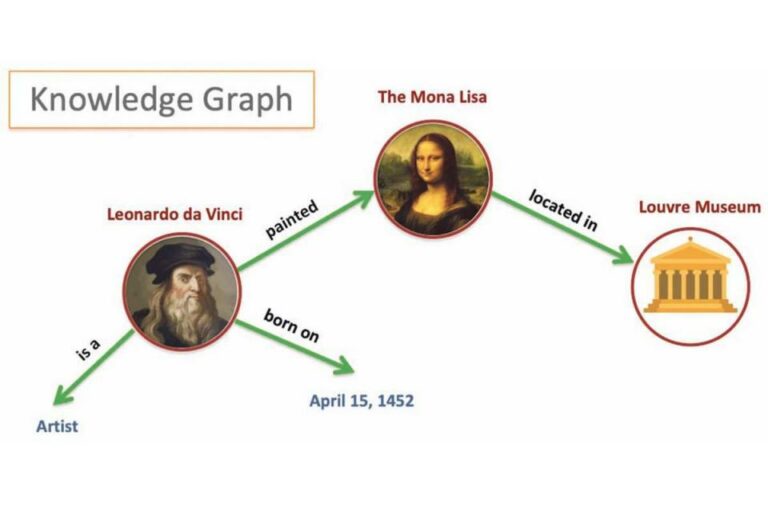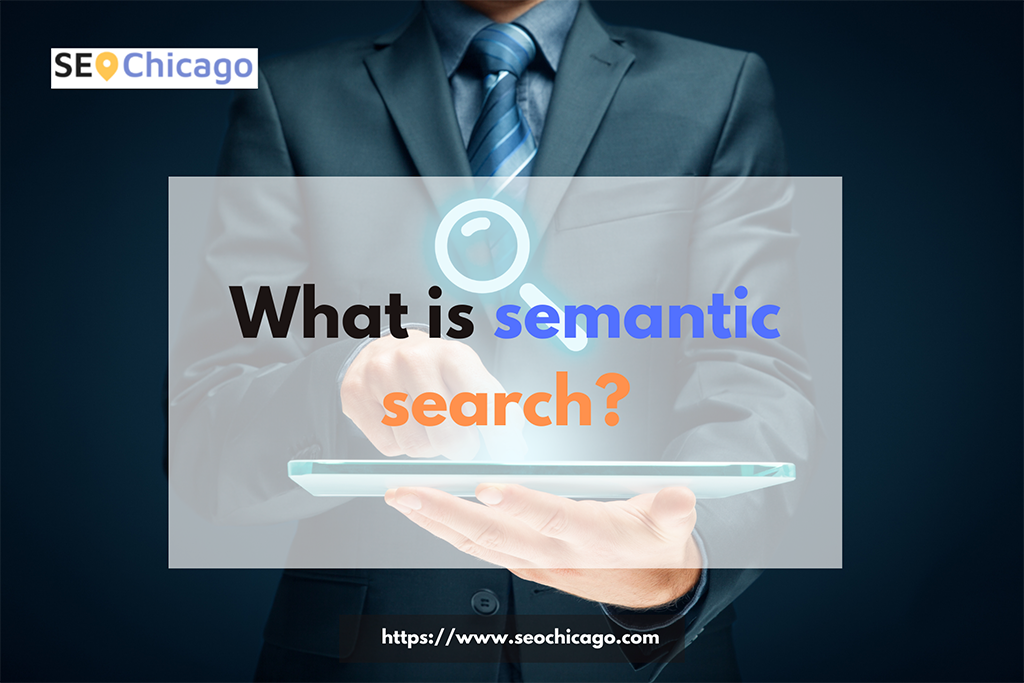Google has been developing into a 100% semantic search engine since 2013.
As Study.com define, semantics means the meaning and interpretation of words, signs, and sentence structure.
It is a type of advanced web crawler that helps you find exactly what you’re looking for, without any misunderstandings or imprecise answers.
It is a type of search that focuses on the meaning of words and phrases to better understand the user’s intent. It is a relatively new technology that is becoming increasingly popular as a way to improve search engine results.
One of the key benefits of semantic search is that it can help to connect users with the information they are looking for more accurately and efficiently. This is because semantic search takes into account the context of a query, as well as the user’s location and other factors, to provide more relevant results.
Semantic search is still in its early stages of development, but it has already shown promise as a powerful tool for improving search engine results. As the technology continues to evolve, the semantic search will likely become even more effective at helping users find the information they need.
What is a semantic search engine?
It is a search engine is a search engine that understands the meaning of words and phrases to provide more relevant results. Semantic search engines are designed to interpret the user’s intent and deliver results that are more relevant to their needs. This type of search engine is different from traditional search engines, which simply match keywords to web pages without understanding the user’s intent.
The role of the Knowledge Graph in Google’s semantic search
A knowledge Graph is a piece of structured information where knowledge was created from the information.
Entities or nodes are related to each other through edges which provide attributes and information then placed in a thematic context.
Google then uses data mining which is a process of collecting and analyzing data to extract useful information. This can be done by studying how people interact with websites, and what they search for on Google.

Source: Timesofmalta
The types of entities that may need information about you will affect what kind and how much data they collect. For example, people can be retroactive or prospective in their behavior when collecting personal details from an individual whereas organizations are often looking ahead at future events related to your company’s success so those records need not yet exist. With that, it impacts the information displayed on the knowledge graph.
How does Google work as a semantic search engine?
Google’s search engine relies on three key factors: natural language processing, artificial intelligence, and user-generated data. Natural language processing allows Google to understand the meaning of words and phrases in a query. Artificial intelligence is used to match the query with relevant documents from the index. User-generated data helps Google to understand the user’s intent and improve the quality of the results.
Google wants the quality and relevance of your content to be rated highly, which means they’ll evaluate it according to E-A-T criteria.
The evaluation of this E-A-T score is determined by Google’s assessment to see if the domain has any expertise, authority, or trustworthiness. Semantic databases can be used as a basis for their decision-making process in determining how reputable your website might seem on average when compared with other sites online today.
The Future of semantic search
As the world becomes more and more digital, the way we access information is changing. We are moving away from traditional search engines that rely on keywords and Boolean logic, to a new generation of semantic search engines that understand the meaning of concepts and the relationships between them. This new approach to search is based on artificial intelligence (AI) and machine learning, and it is already starting to transform the way we find information online.
In the past, if you wanted to find information about a topic, you would have to enter a few keywords into a search engine and hope for the best. This would often lead to a lot of irrelevant results, as the search engine would not be able to understand the nuances of what you were looking for.
With this type of search, things are different. Search engines can understand the concepts behind the keywords you enter, and they can provide you with results that are much more relevant to what you are looking for.
This new approach to search is based on artificial intelligence (AI) and machine learning, and it is already starting to transform the way we find information online. Semantic search is still in its early stages, but it has the potential to revolutionize the way we use the internet.
